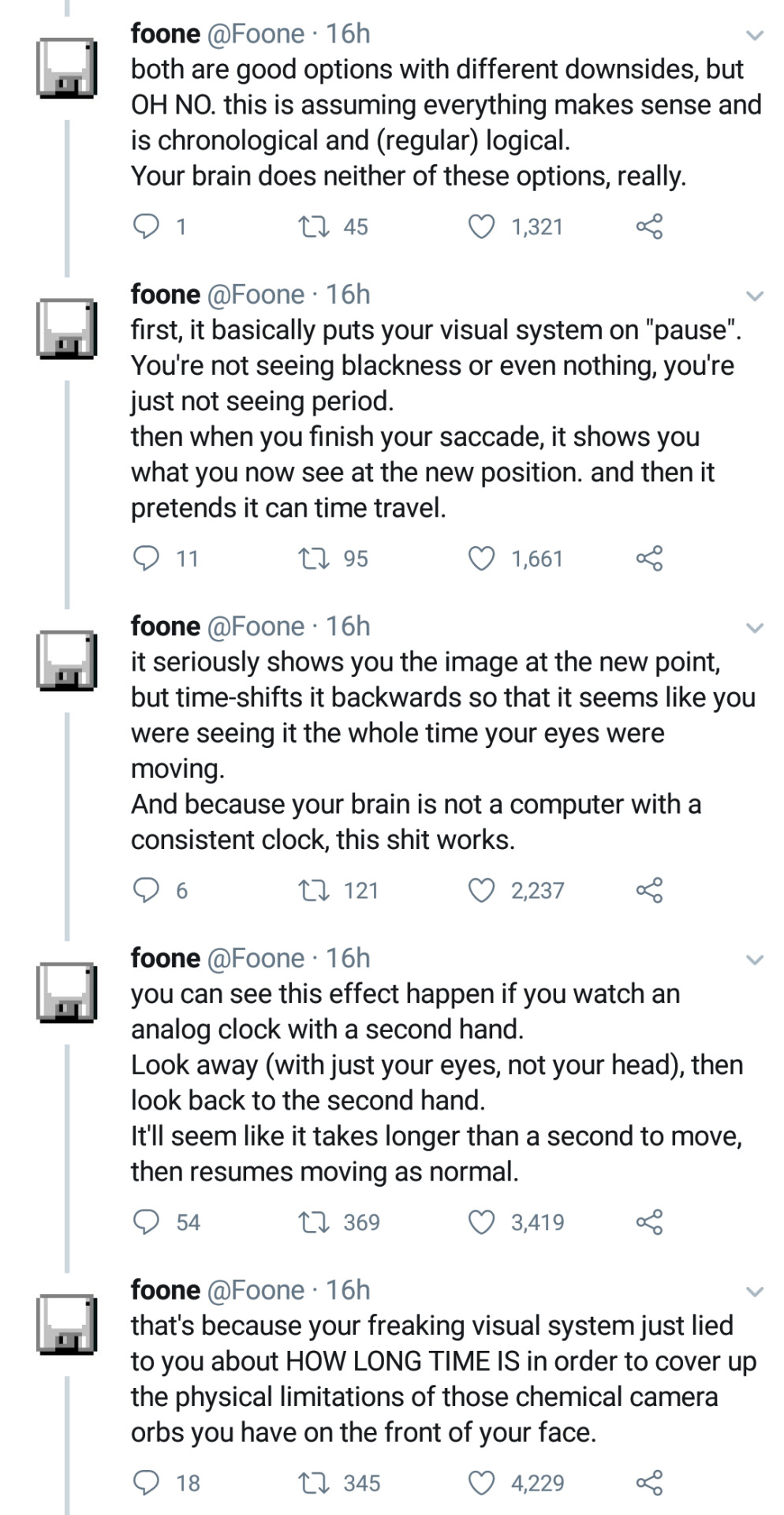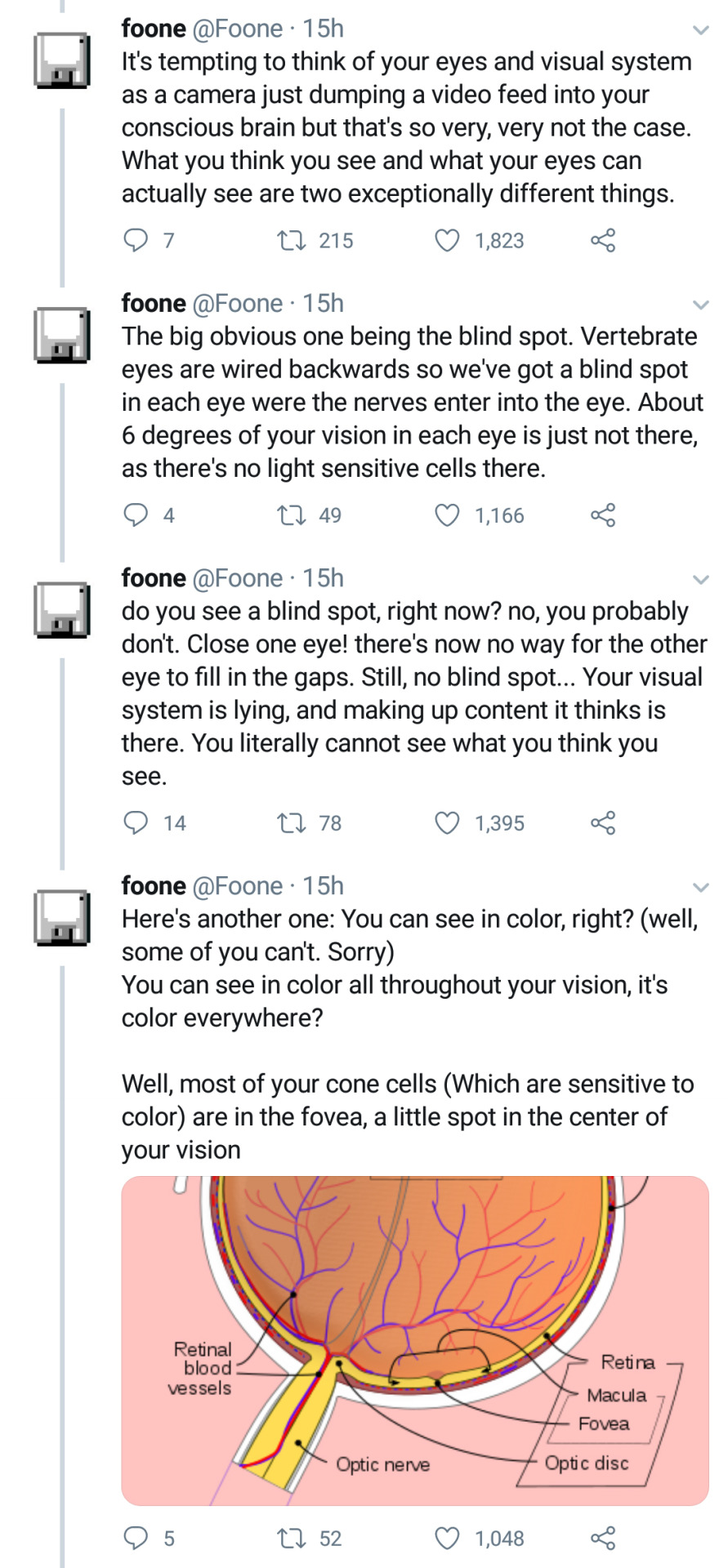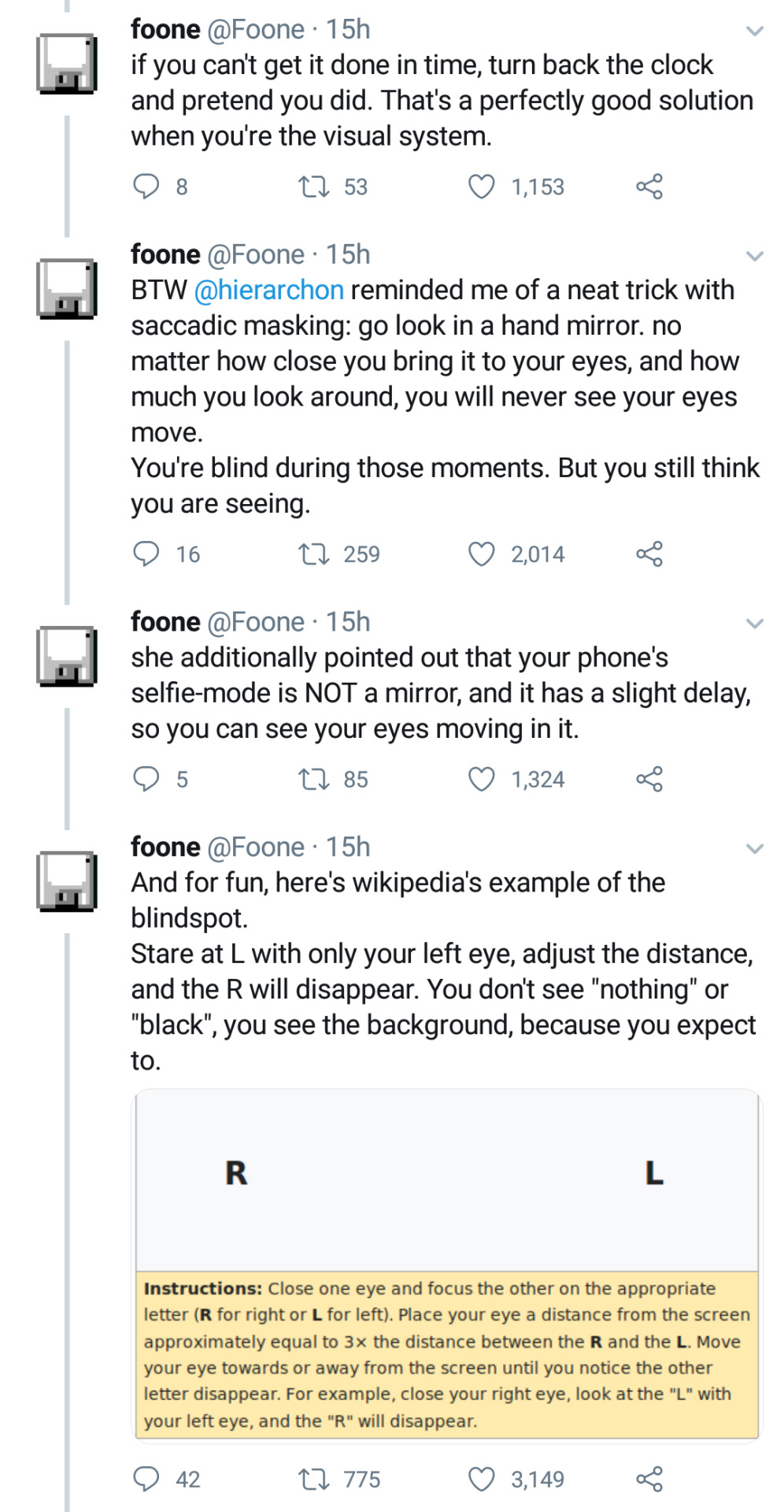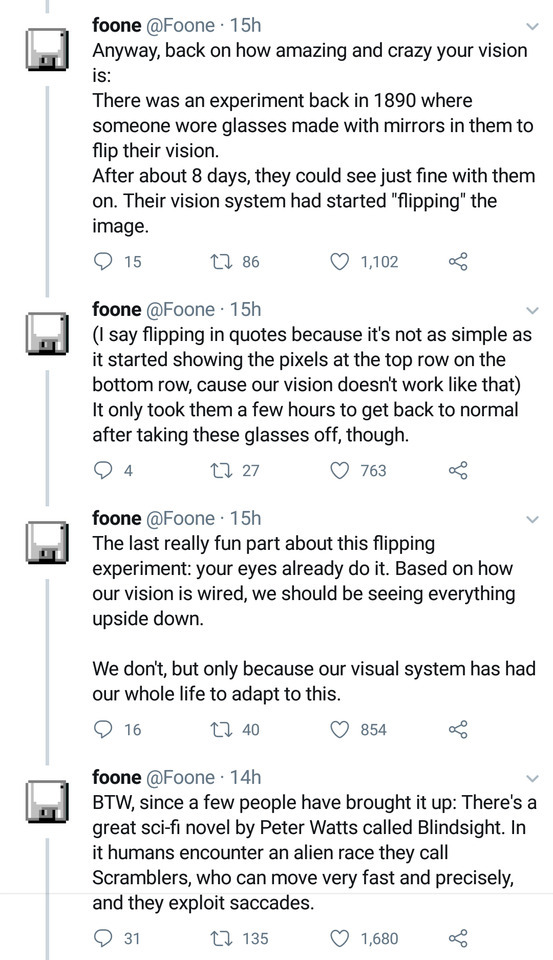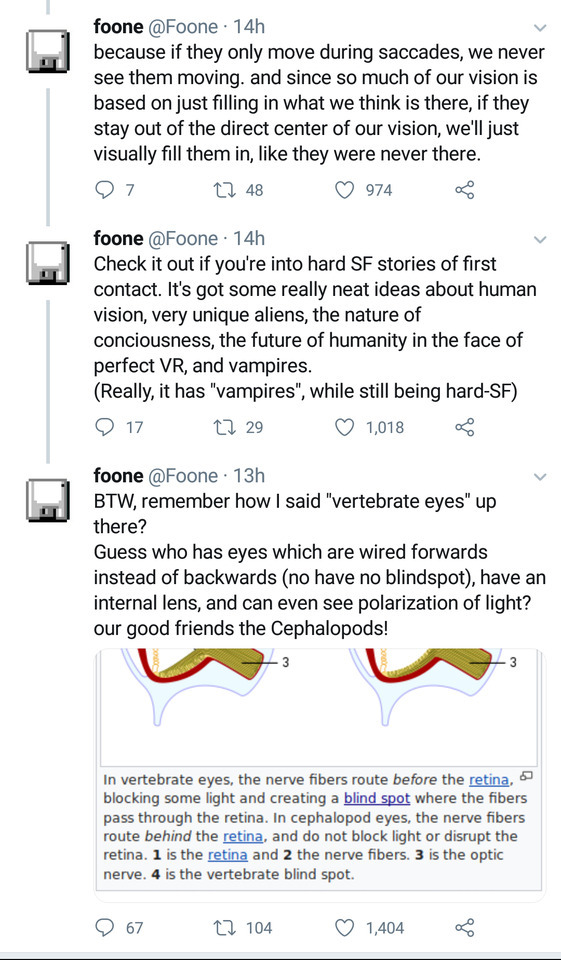Thecaffiend - Thecaffiend
More Posts from Thecaffiend and Others
You've seen turtle lock, but now prepare for the true measure of a turtle!



“Here’s what I know: if someone’s much better than you at something, they probably try much harder. You probably underestimate how much harder they try. I’m not saying that talent isn’t a meaningful differentiator, because it certainly is, but I think people generally underestimate how effort needs to be poured into talent in order to develop it. So much of getting good at anything is just pure labor: figuring out how to try and then offering up the hours. If you’re doing it wrong you can do it a thousand times and not produce any particularly interesting results. So you have to make sure you’re trying the right way. […] I’m curious about the ugliness of trying, the years and years of wanting and hoping and working. I don’t know why I’m so fascinated by craft. I think it’s because it requires such a sustained tenacity. Like Michelangelo saying that he just chips away at everything that didn’t look like David: a hundred thousand little motions to reveal the underlying beauty. I think a lot of people want to be but they don’t want to do. They want to have written a book, but they don’t want to write the book. They want to be fit, but they don’t want the tedium of working out. They’re ashamed of rejection and they’re ashamed of imperfection. I might want lots of people to subscribe to this Substack, but do I want to workshop a post every day? Donna Tartt once said in an interview that if the writer’s not having fun the reader isn’t either. I think people make the best things when they love the process, when they willingly shoulder the inherent uncertainty and pain that comes with it. It’s almost like a form of prayer: you offer up what you can even though the reward is uncertain. You do it out of love.”
— Ava, effort (via luxe-pauvre)
Watch this to learn how to put down toxic masculinity and internalized misogyny. As with “the kids these days are terrible” beginning circa prehistory (thanks Plato) this points to “men aren’t masculine anymore” and tracks it backward.
I keep saying nothing ever changes to those who know history.
You know, with all the language throughout Star Wars about “giving in” to the Dark Side, how the Dark Side makes you more powerful, how the Dark Side makes you age strangely and destroys you, it sure doesn’t sound like an “opposite side of the coin” so much as the “deeper end of the pool,” like it’s actually the true form of the force and being a Jedi is about keeping it tamed so it doesn’t eat you the way it actually wants.
tell me a pretty thing.
“Why does the third of the three brothers, who shares his food with the old woman in the wood, go on to become king of the country? Why does James Bond manage to disarm the nuclear bomb a few seconds before it goes off rather than, as it were, a few seconds afterwards? Because a universe where that did not happen would be a dark and hostile place. Let there be goblin hordes, let there be terrible environmental threats, let there be giant mutated slugs if you really must, but let there also be hope. It may be a grim, thin hope, an Arthurian sword at sunset, but let us know that we do not live in vain.”
— Terry Pratchett, “Let There Be Dragons” (A Slip of the Keyboard)
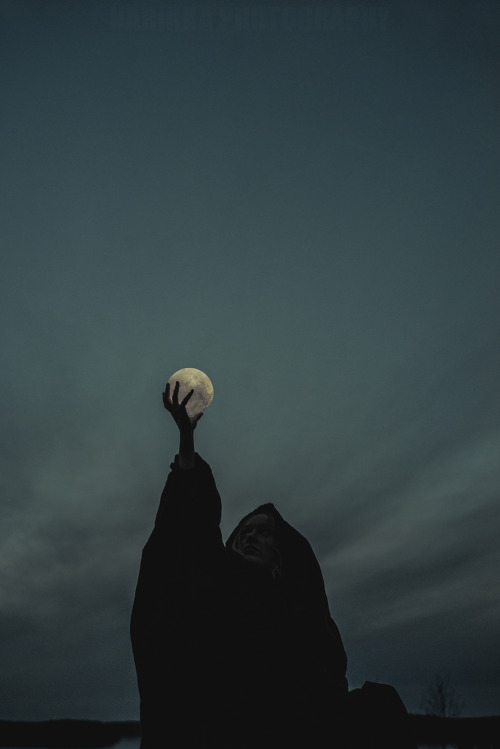
Dreamscaping
“For all the attention the Berlin conservatory study has received, this part of the top students’ experiences—their sleep patterns, their attention to leisure, their cultivation of deliberate rest as a necessary complement of demanding, deliberate practice—goes unmentioned. In Outliers, Malcolm Gladwell focuses on the number of hours exceptional performers practice and says nothing about the fact that those students also slept an hour more, on average, than their less-accomplished peers, or that they took naps and long breaks. This is not to say that Gladwell misread Ericsson’s study; he just glossed over that part. And he has lots of company. Everybody speed-reads through the discussion of sleep and leisure and argues about the 10,000 hours. This illustrates a blind spot that scientists, scholars, and almost all of us share: a tendency to focus on focused work, to assume that the road to greater creativity is paved by life hacks, propped up by eccentric habits, or smoothed by Adderall or LSD. Those who research world-class performance focus only on what students do in the gym or track or practice room. Everybody focuses on the most obvious, measurable forms of work and tries to make those more effective and more productive. They don’t ask whether there are other ways to improve performance, and improve your life. This is how we’ve come to believe that world-class performance comes after 10,000 hours of practice. But that’s wrong. It comes after 10,000 hours of deliberate practice, 12,500 hours of deliberate rest, and 30,000 hours of sleep.”
— Alex Soojung-Kim Pang, Darwin Was a Slacker and You Should Be Too
-
 citiesundercrowns reblogged this · 1 month ago
citiesundercrowns reblogged this · 1 month ago -
 the-noble-watermelon liked this · 4 months ago
the-noble-watermelon liked this · 4 months ago -
 miguel-128 liked this · 5 months ago
miguel-128 liked this · 5 months ago -
 gaiasblueearth reblogged this · 6 months ago
gaiasblueearth reblogged this · 6 months ago -
 runnerbicycle liked this · 7 months ago
runnerbicycle liked this · 7 months ago -
 all-the-beautiful-chaos liked this · 9 months ago
all-the-beautiful-chaos liked this · 9 months ago -
 oneofarthursemployees liked this · 9 months ago
oneofarthursemployees liked this · 9 months ago -
 danniwit reblogged this · 9 months ago
danniwit reblogged this · 9 months ago -
 jewfrogs liked this · 11 months ago
jewfrogs liked this · 11 months ago -
 ianisblus liked this · 1 year ago
ianisblus liked this · 1 year ago -
 profoundstrangermilkshake liked this · 1 year ago
profoundstrangermilkshake liked this · 1 year ago -
 starsharkxp liked this · 1 year ago
starsharkxp liked this · 1 year ago -
 anxiouscowboy liked this · 1 year ago
anxiouscowboy liked this · 1 year ago -
 cressforless liked this · 1 year ago
cressforless liked this · 1 year ago -
 trifoliate-undergrowth liked this · 1 year ago
trifoliate-undergrowth liked this · 1 year ago -
 seadem-on reblogged this · 1 year ago
seadem-on reblogged this · 1 year ago -
 figs-and-pomegranates liked this · 1 year ago
figs-and-pomegranates liked this · 1 year ago -
 sness-pain reblogged this · 1 year ago
sness-pain reblogged this · 1 year ago -
 sness-pain liked this · 1 year ago
sness-pain liked this · 1 year ago -
 nevah-nevah liked this · 1 year ago
nevah-nevah liked this · 1 year ago -
 spiced-honey reblogged this · 1 year ago
spiced-honey reblogged this · 1 year ago -
 spiced-honey liked this · 1 year ago
spiced-honey liked this · 1 year ago -
 hobgoblinamerica reblogged this · 1 year ago
hobgoblinamerica reblogged this · 1 year ago -
 hobgoblinamerica liked this · 1 year ago
hobgoblinamerica liked this · 1 year ago -
 trashdotjpeg liked this · 1 year ago
trashdotjpeg liked this · 1 year ago -
 vampirepiss liked this · 1 year ago
vampirepiss liked this · 1 year ago -
 weedgolem liked this · 1 year ago
weedgolem liked this · 1 year ago -
 hekatontarch reblogged this · 1 year ago
hekatontarch reblogged this · 1 year ago -
 smartass-hoot liked this · 1 year ago
smartass-hoot liked this · 1 year ago -
 theladyro liked this · 1 year ago
theladyro liked this · 1 year ago -
 kirkensnickerdoodle reblogged this · 1 year ago
kirkensnickerdoodle reblogged this · 1 year ago -
 loongit liked this · 1 year ago
loongit liked this · 1 year ago -
 grumpmaestro reblogged this · 1 year ago
grumpmaestro reblogged this · 1 year ago -
 hekatontarch liked this · 1 year ago
hekatontarch liked this · 1 year ago -
 transpotato5 liked this · 1 year ago
transpotato5 liked this · 1 year ago -
 phrenic-a liked this · 1 year ago
phrenic-a liked this · 1 year ago -
 sir-buh reblogged this · 1 year ago
sir-buh reblogged this · 1 year ago -
 sir-buh liked this · 1 year ago
sir-buh liked this · 1 year ago -
 queerkhazad liked this · 1 year ago
queerkhazad liked this · 1 year ago -
 silverbridge-harbor reblogged this · 1 year ago
silverbridge-harbor reblogged this · 1 year ago -
 lostdaughterofgallifrey liked this · 1 year ago
lostdaughterofgallifrey liked this · 1 year ago -
 armchairsoapbox liked this · 1 year ago
armchairsoapbox liked this · 1 year ago -
 cadiebutreal liked this · 1 year ago
cadiebutreal liked this · 1 year ago -
 thesleepyrobot liked this · 1 year ago
thesleepyrobot liked this · 1 year ago -
 waifu-supreme liked this · 1 year ago
waifu-supreme liked this · 1 year ago -
 geeseareassholes reblogged this · 1 year ago
geeseareassholes reblogged this · 1 year ago -
 geeseareassholes liked this · 1 year ago
geeseareassholes liked this · 1 year ago -
 slidewhistlebj reblogged this · 1 year ago
slidewhistlebj reblogged this · 1 year ago -
 slidewhistlebj liked this · 1 year ago
slidewhistlebj liked this · 1 year ago

